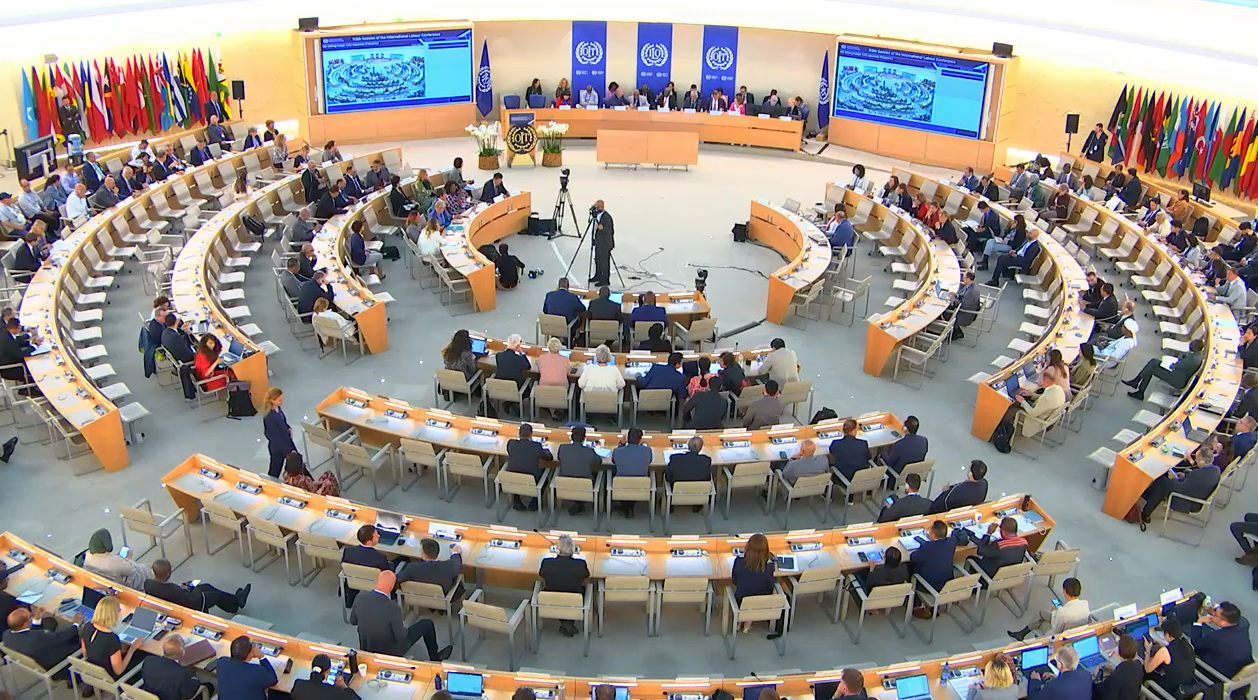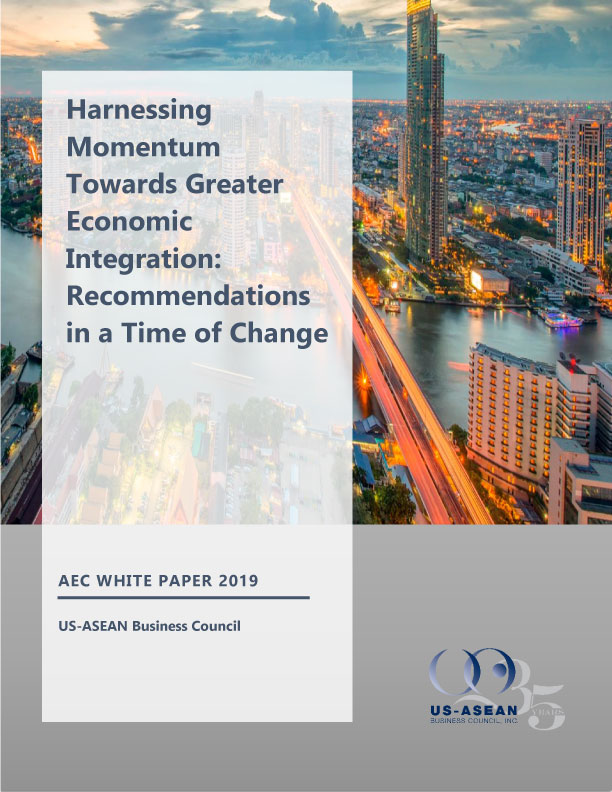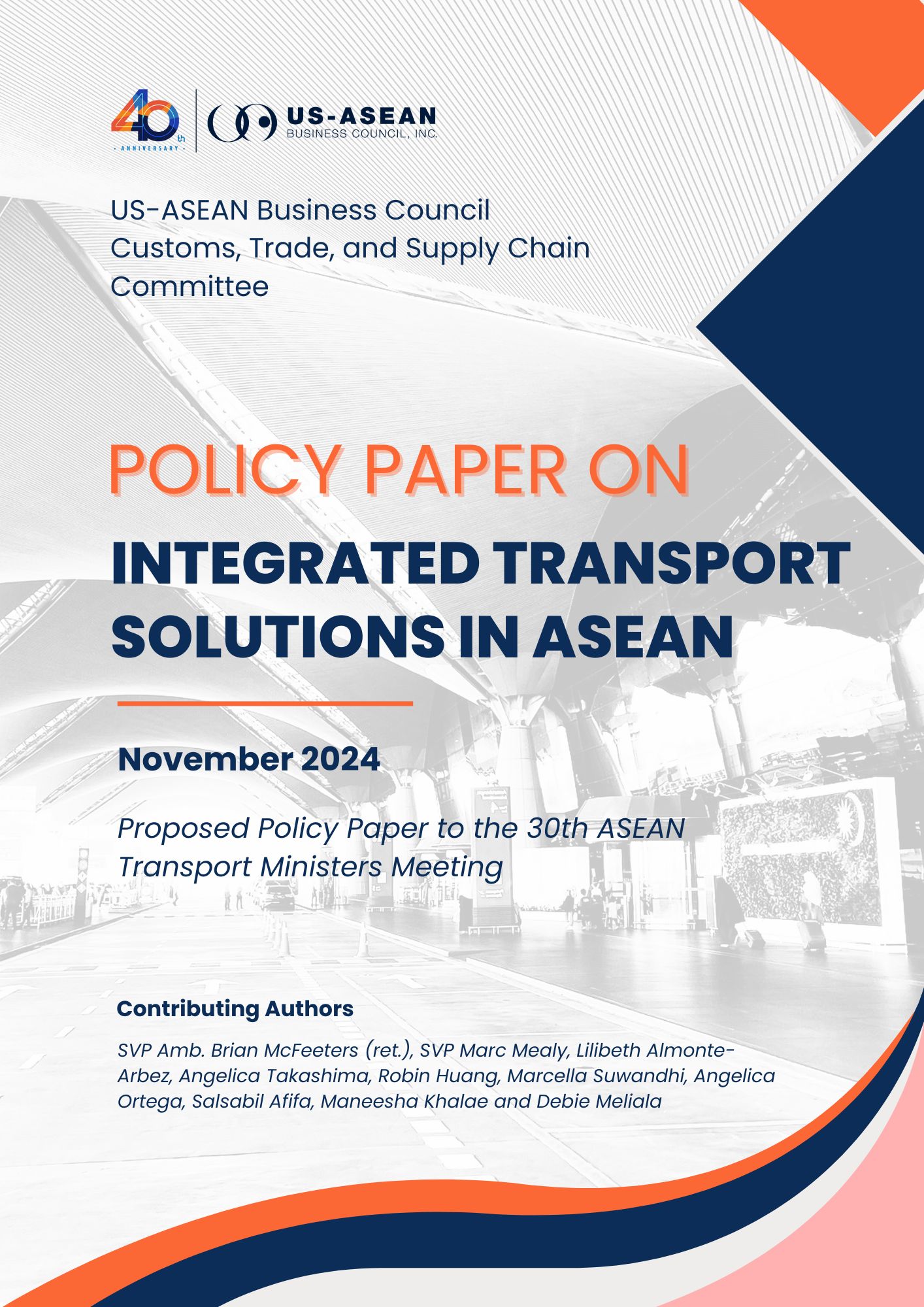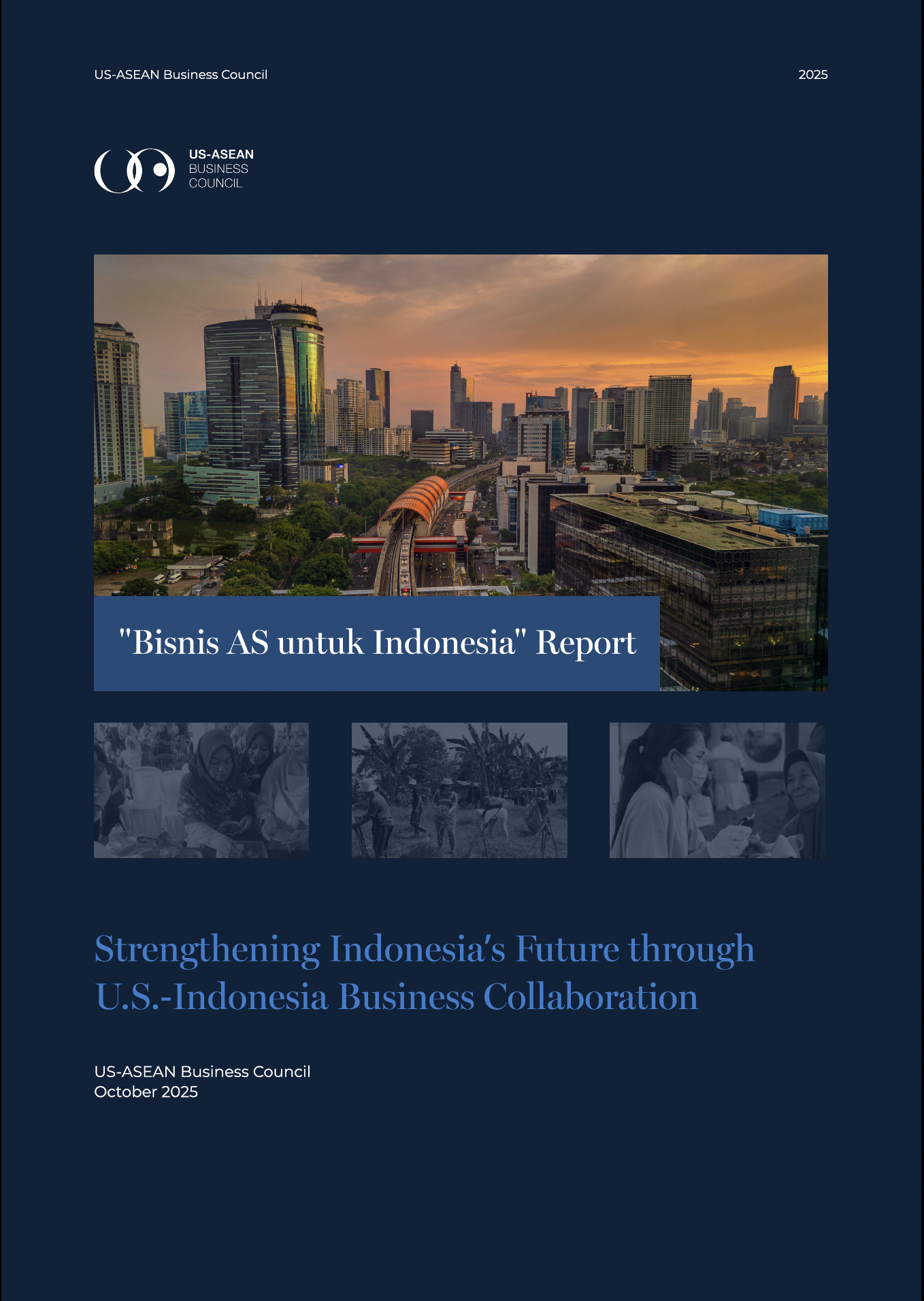The ILO Invocation of Article 33 on Myanmar: Implications & Takeaways

On June 5, during the 113th International Labor Conference in Geneva, the International Labor Organization (ILO) invoked Article 33 of its Constitution to adopt a resolution against Myanmar. It was adopted by consensus with objections from China, Russia, Belarus, and Laos.
The 2025 resolution was proposed following the ILO’s 2023 Commission of Inquiry on Myanmar, which reported the nation’s continued non-observance of Conventions No. 87 (freedom of association) and No. 29 (elimination of forced labor). It mandates sustained scrutiny through special ILO sessions and invites governments, employers, and workers globally to coordinate actions that apply coordinated political or economic pressure on Myanmar’s military authorities. Further, it calls for the full implementation of the Commission’s recommendations, such as a review of relations enabling repression and respect for non-refoulement of fleeing activists.
Article 33: Scope & Precedence
Article 33 of the ILO Constitution is the organization’s strongest enforcement mechanism, activated when a member state persistently refuses to implement the recommendations of an ILO Commission of Inquiry (COI) or decisions from the International Court of Justice. It allows the ILO to recommend “any action it deems wise and expedient to secure compliance,” although it does not allow for the direct enforcement of actions by the state in question or other states.
Its scope encompasses a full range of non-binding responses, including diplomatic and reputational measures. Across its century-long history, Article 33 has been invoked only two times prior - against the previous Myanmar regime in 2000 and Belarus in 2023 - highlighting its use only for “grave and persistent violations”. The resolution calls on governments, employers, and trade unions to review and suspend engagements - such as technical cooperation, investment, and trade - with the offending regime. Article 33, therefore, is a soft-power enforcement tool, non-binding and holds no legal basis.
Political Responses to the Invocation
Following the resolution, the civilian-led National Unity Government (NUG), Myanmar Labor Alliance (MLA), and various business and union representatives, organized a meeting to establish a tripartite working committee to map and record companies and investors with military affiliations. U Maung Maung, President of the Confederation of Trade Unions - Myanmar (CTUM), describes the strategy as recommending “smart sanctions” designed to pressure military-linked businesses to divest and aiming to isolate the Myanmar military prior to its planned elections in late 2025. Many international trade organizations have praised the move, citing it as an important step towards attaining better working conditions and combating repression in the nation.
The Myanmar military-led State Administrative Council (SAC) has rejected the ILO’s invocation of Article 33, denouncing it as "politically motivated" and adopted without proper engagement. It warns of negative consequences to the nation such as suspended investment, loss of export privileges, as well as harm to jobs and stable incomes, and reaffirms its commitment to national sovereignty. They stressed their ongoing cooperation with the ILO, such as the “National Complaint Mechanism” designed to entertain labor complaints in August 2024. Countries that opposed or abstained were praised as allies standing with Myanmar.
No member state has yet reported changes in approaches to the nation, although various nations - especially the European Union, Australia, Canada, New Zealand, and the United Kingdom - expressed support for the resolution.
Impact on Existing Businesses
The invocation of Article 33 was largely praised by labor unions both in and outside the nation, seen as the culmination of widespread activist advocacy urging this action. However, unions remain divided on endorsing indiscriminate sanctions that could prompt Western brands to exit - a move that risks harming civilians, especially in the garment industry. There is growing advocacy for "smart sanctions" and responsible engagement instead, given that the ILO’s interim report draws a clear line between businesses directly supporting the State Administrative Council (SAC) and civilian-oriented sectors.
This is especially relevant because Myanmar’s top exports include petroleum gas, dried legumes, rare-earth metals, women’s coats, and precious stones. While several of these large industries are SAC-linked, the garment industry is civilian-oriented and funded primarily by foreign investment. Indiscriminate withdrawal by Western companies can put many civilian jobs at risk - including approximately 500,000 garment jobs - many of which are maintained by women.
Key insights & Takeaways for US Businesses
Article 33 is a diplomatic signal, not a binding sanction. While the ILO cannot directly impose measures, Article 33 urges coordinated tools - such as diplomatic isolation, asset freezes, and business disengagement - against states noncompliant with core labor rights.
Practicing enhanced due diligence is encouraged. The ILO’s guidance distinguishes between activities - such as arms logistics and jet fuel exports - that support the military-led State Administrative Council (SAC) in comparison to those supported by foreign investment and civilian labor. Following the invocation, several governments (such as Canada, UK, Australia, New Zealand, and European Union nations) have signaled alignment with ILO measures. In contrast, China, Russia, Belarus, and Laos have opposed the resolution. Businesses can expect tighter export controls, new targeted sanctions, financial regulations, and aid restrictions from the aligned countries.
Resources such as the EuroCham Myanmar Business Advisory can provide further guidance for companies navigating compliance and risk management in light of the ILO resolution.








